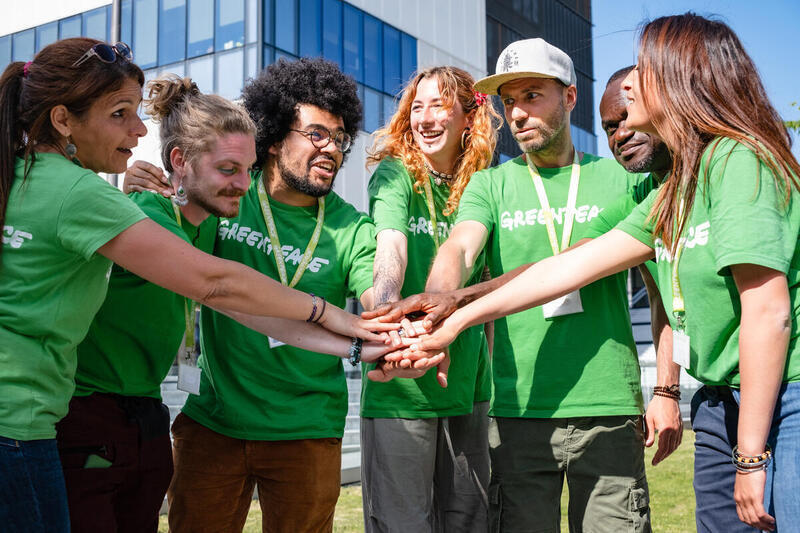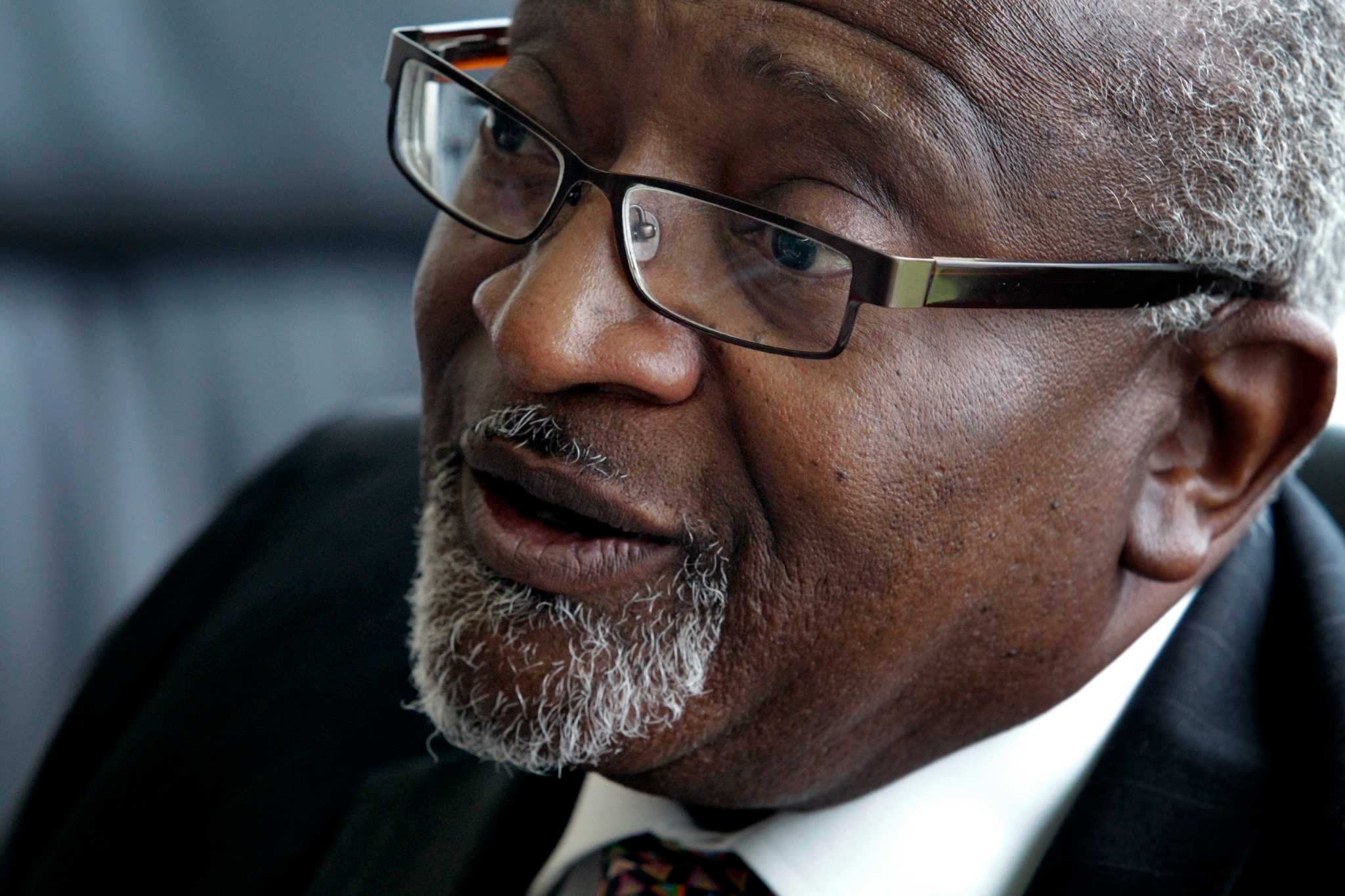On this day, three years after the death of George Floyd, I am still fighting to catch my breath. As a mother of two black sons, who have both struggled with respiratory issues due to the virus of racism, I have a responsibility to fight.
I often reflect on the past few years and the profound impact they had on me, my community, and our movement. The year 2020 was a disorienting and terrifying time for many of us. The daunting Covid-19 virus caused our everyday life to change in a matter of days. This new reality forced us into a prolonged period of isolation to avoid contracting or spreading a sickness that acutely affected one’s ability to breathe. Exacerbating this daunting time, we also had to face the stark and racist reality that Black and Brown people bore the brunt of Covid-19, as we were being infected and were dying at much higher rates than other groups. It wasn’t just numbers and statistics that told us this- we heard stories from our close family members and friends, received videos of them in the hospitals, said goodbye to loved ones via a laptop while they lay alone in a hospital bed, and the ones who were able to speak told us clearly, “I can’t breathe.”
The feeling of being unable to breathe is a sensation and experience that is all too familiar to Black people. During this moment when we were separated from our communities, struggling to maintain our breathing in the face of fear, anxiety, and confinement, on May 25, we watched in horror the ruthless and savage killing of our dear brother, George Floyd. We heard his cries, “I can’t breathe,” and saw white police officer Derek Chauvin’s knee on his neck while George called out for his mother, struggling to say his last words, “Mama.”
We watched helplessly for nine and a half minutes, feeling a shortness of breath and tightness in our chests as we watched life escape his body, and for a moment, I felt I couldn’t breathe.
3 years later, not much has changed. Jordan Neely, a 30-year-old Black man, was killed by a white man who held him in a choke hold for nearly fifteen minutes until he could no longer breathe. We heard white government officials in Oklahoma lamenting over a perceived loss of their rights because they are now unable to “take them down to Mud Creek and hang them up with a damn rope…They got more rights than we got.” Yet, Jayland Walker, Tyre Nichols, Ahmaud Arbery, Eric Garner, Trayvon Martin, and the attempted killing of our little brother Ralph Yarl are all painful reminders that even though Covid-19 is no longer with us, the other virus of racism still lingers, and continues to take away our right to breathe.
We know the virus of racism seemingly continues to mutate, spreading and infecting our way of life, causing our people to continue to experience and relive the trauma of asphyxiation. We see this environmental racism that continues to poison and devastate our communities. We see this when those in power take away protections within our communities and start placing toxic incinerators, oil wells, and landfills in our neighborhoods near our schools and homes, creating toxins and affecting our ability to breathe. We see this when we watch the development of highways and roadways being built through our cities, polluting the air in our districts, leading to higher rates of asthma and respiratory distress in our kids. Racist practices, such as redlining and housing discrimination, continue to confine us to areas meant to strangle us. The constant attempts to weaken the National Environmental Policy Act, which is one of the tools we have to ensure that proposed projects don’t harm our communities and take away our ability to fight for our right to breathe. The planned build-out of Liquid Natural Gas (LNG) infrastructure in the Gulf Coast that will bring greater health concerns and risks to our people in the region. The deforestation and displacement in Atlanta to erect Cop City will result in less clean air and green spaces. We know this proposed training ground for the police seeks to continue the long tradition of state-sanctioned violence against people of color and used as a tool to control and silence us. I hear the wheezing and the raspiness in the breath of our people who, against all odds, continue to fight for our basic rights.
On this day, three years after the death of George Floyd, I am still fighting to catch my breath. As a mother of two black sons, who have both struggled with respiratory issues due to the virus of racism, I have a responsibility to fight. As Dr. Martin Luther King Jr once wrote, “Injustice anywhere is a threat to justice everywhere. We are caught in an inescapable network of mutuality, tied in a single garment of destiny. Whatever affects one directly affects all indirectly.”
As the Executive Director of Greenpeace USA, an organization that serves as a vehicle of change to fight for justice, I have hope. Hope for a world where the virus of racism that holds a tight grip around the neck of my people is cut and that we can all breathe freely. Hope is an act of resistance and discipline you practice daily. Hope requires you to take action in the direction of the world that you believe is possible. Hope demands we remain faithful and diligent, speaking boldly against injustice and fighting for true liberation. Hope is what carried our ancestors through, and hope is what will propel us to a green and peaceful future.
Ebony



